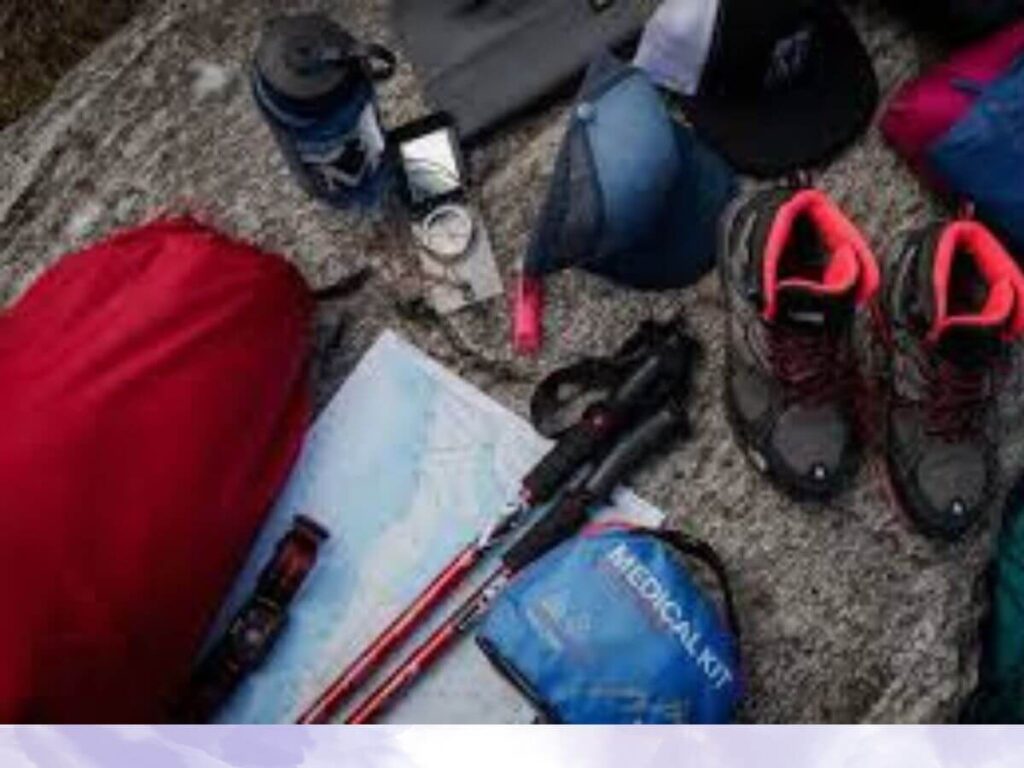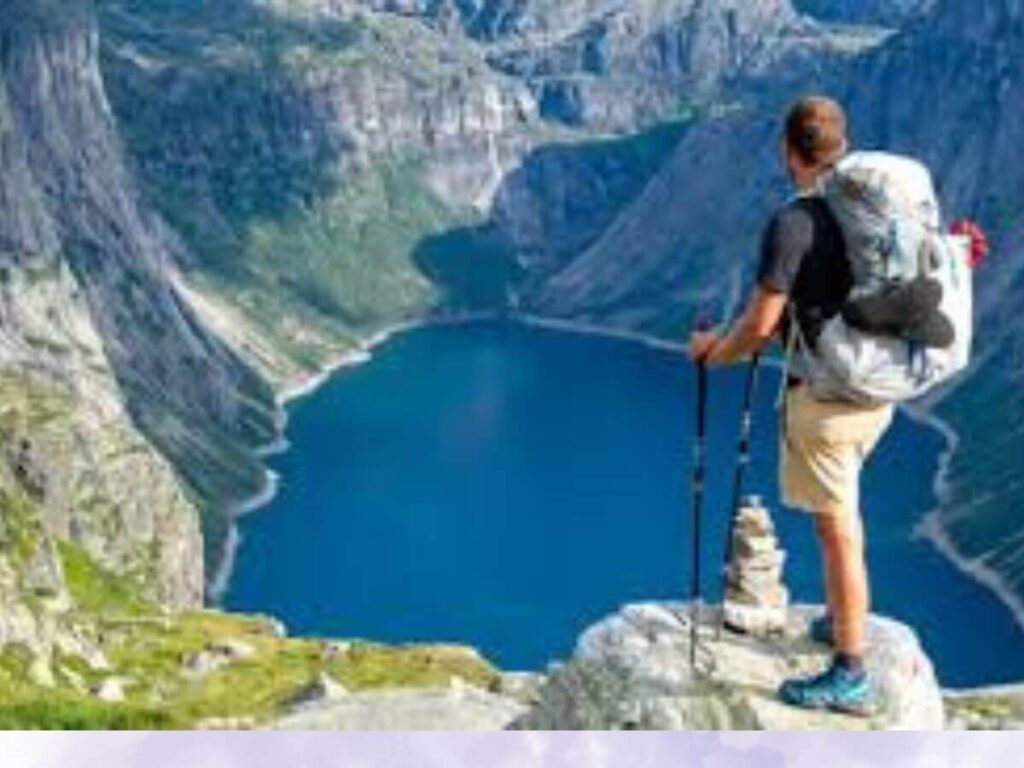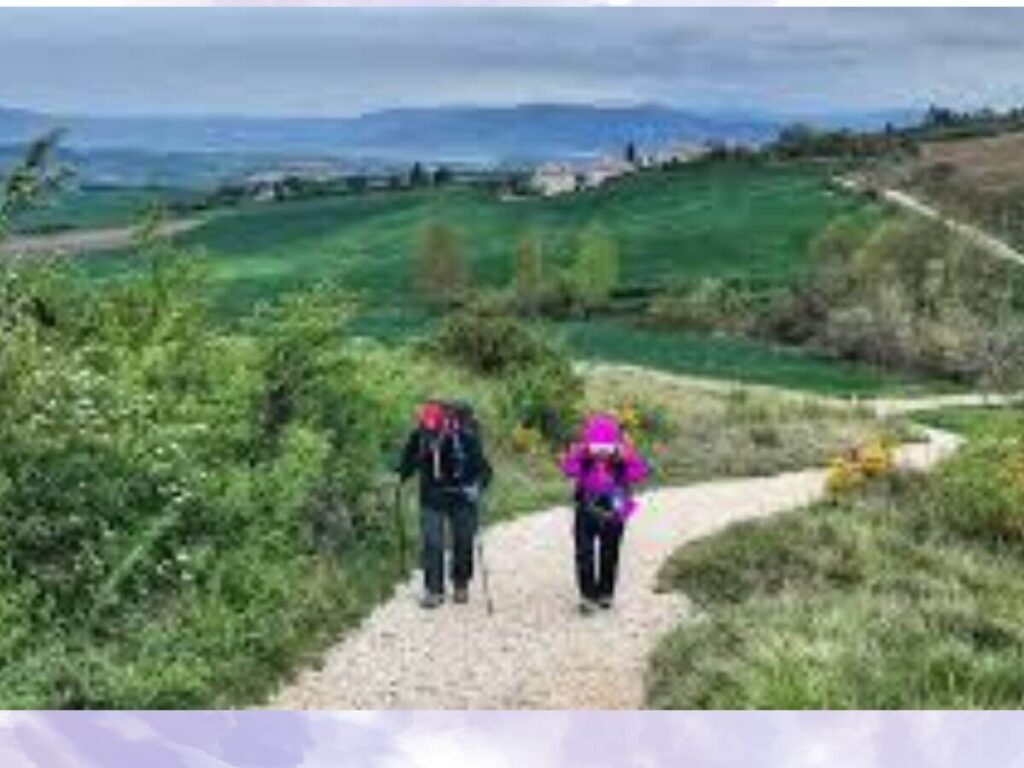So, you’re planning a hiking trip? Fantastic! Whether you’re a seasoned trekker or a newbie looking to explore the great outdoors, preparing adequately for your adventure is crucial. You might wonder, “What should I pack?” or “How do I ensure my safety?” Well, worry no more. This comprehensive guide will cover everything you need to know to gear up for a successful hiking trip.
Planning Your Hiking Trip

Choosing the Right Trail
First things first, pick a trail that matches your skill level and physical condition. Are you looking for a leisurely day hike or a challenging multi-day trek? Research trails, read reviews, and check trail maps to find the perfect fit. Websites like All Trails and local hiking guides can be incredibly helpful.
Checking the Weather Forecast
Never underestimate the power of Mother Nature. Always check the weather forecast before heading out. Knowing what to expect can help you pack appropriately and avoid any unpleasant surprises. A sunny day can turn into a thunderstorm quickly in the mountains, so be prepared.
Clothing Essentials

Layering for Comfort
Layering is key to staying comfortable and safe while hiking. Let’s break it down:
Base Layers
These are your moisture-wicking layers that sit closest to your skin. Think synthetic or merino wool tops and bottoms.
Insulating Layers
These layers keep you warm. Fleece jackets, down vests, or insulated jackets work wonders.
Outer Layers
This is your protection against the elements. Waterproof and windproof jackets and pants are essential.
Footwear: Hiking Boots vs. Trail Runners
Choosing the right footwear can make or break your hike. Hiking boots offer ankle support and are great for rough terrains, while trail runners are lighter and more comfortable for well-maintained trails. Try on different options and pick what feels best for you.
Accessories: Hats, Gloves, and Gaiters
Don’t forget the little things. A good hat protects you from the sun, gloves keep your hands warm, and gaiters prevent debris from entering your shoes.
Gear and Equipment

Backpack Selection
Your backpack is your lifeline on the trail. Here’s what to consider:
Daypacks vs. Multi-day Packs
For short hikes, a daypack (20-30 liters) will suffice. For longer trips, consider a multi-day pack (50+ liters) that can carry more gear and supplies.
Navigation Tools
Maps and Compass
Always carry a physical map and a compass. GPS devices can fail, but these won’t.
GPS Devices
Handy for precise navigation and tracking your progress.
Shelter Options
– **Tents:** Lightweight and durable tents are ideal for overnight hikes.
– **Hammocks:** Great for warm weather and less weight.
– **Bivvy Sacks:** Minimalist shelters that offer protection without the bulk.
Safety Essentials

First Aid Kit
Accidents happen. A well-stocked first aid kit with bandages, antiseptics, and pain relievers is a must.
Multi-tool or Knife
A multi-tool or knife is versatile and can assist in numerous situations, from preparing food to fixing gear.
Fire Starters
Carry waterproof matches, a lighter, and fire starters to ensure you can make a fire for warmth and cooking.
Whistle and Signaling Devices
In case of emergencies, a whistle or a signaling mirror can help rescuers find you.
Food and Hydration

Planning Your Meals
Non-perishable Snacks Think nuts, energy bars, and dried fruits.
Meal Preparation Tips
Plan easy-to-cook meals. Dehydrated meals are lightweight and convenient.
Water Purification Methods
Filters and Purifiers
Lightweight filters and UV purifiers can make natural water sources safe to drink.
Chemical Treatments Iodine tablets or chlorine dioxide drops are effective alternatives.
Hygiene and Sanitation

Personal Hygiene Items
Pack biodegradable soap, a small towel, toothbrush, and toothpaste to stay fresh.
Waste Management in the Wilderness
Carry a trowel to dig a cat hole for human waste and pack out all trash to keep nature pristine.
Technology and Gadgets

Headlamps and Flashlights
A reliable headlamp with extra batteries is essential for navigating in the dark.
Portable Chargers and Solar Panels
Keep your devices charged with portable power banks or solar panels.
Environmental Considerations

Leave No Trace Principles
Respect nature by following Leave No Trace principles: pack out what you pack in, respect wildlife, and leave natural objects as you find them.
Wildlife Safety Tips
Learn about the wildlife in the area and know how to store food securely and avoid encounters.
Mental and Physical Preparation

Physical Training
Condition your body with regular exercise. Focus on cardio, strength, and flexibility.
Mental Readiness
Prepare mentally by researching your route, knowing your limits, and staying positive.
Conclusion
There you have it, a detailed rundown of the essentials for a hiking trip. From clothing and gear to food and safety, being well-prepared ensures you can focus on enjoying the breathtaking beauty around you. So pack smart, stay safe, and happy hiking!
